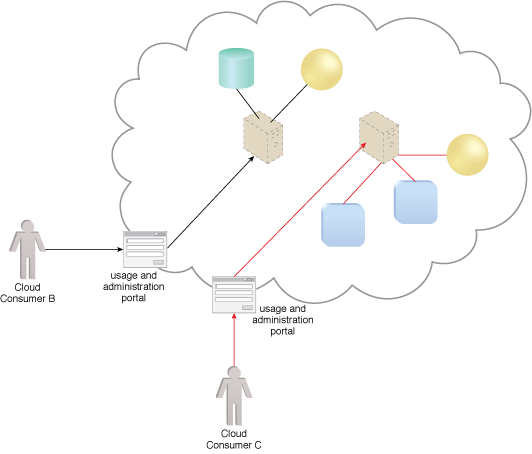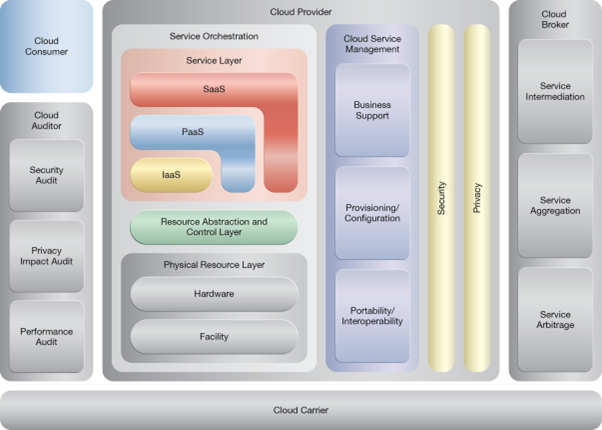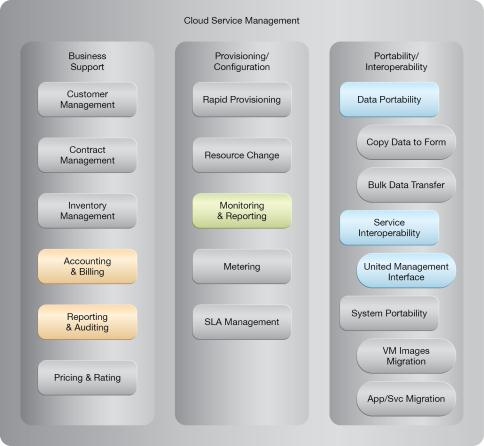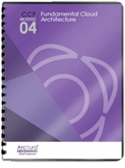Cloud Computing Patterns, Mechanisms > Monitoring, Provisioning and Administration Patterns > Centralized Remote Administration
Centralized Remote Administration (Erl, Naserpour)
How can diverse administrative tasks and controls be consolidated for central remote access by cloud consumers?

Problem
Cloud consumers can end up having to manage a range of diverse cloud-based IT resources, each with distinct administrative functions. The disparity in user-interfaces and reporting features can make remote administration burdensome and prone to human error.
Solution
The cloud provider can consolidate diverse management features for different IT resources into a single, custom portal that standardizes administrative controls as well as providing cross-IT resource reporting features.
Application
A usage and administration portal is developed by the cloud provider to interface with systems and APIs offered by back-end products, IT resources and mechanisms, and to further support different levels of access based on pre-assigned permissions.
Mechanisms
Audit Monitor, Billing Management System, Cloud Usage Monitor, Container, Logical Network Perimeter, Multi-Device Broker, Pay-Per-Use Monitor, Remote Administration System, Resource Management System, SLA Monitor
Compound Patterns
Burst In, Burst Out to Private Cloud, Burst Out to Public Cloud, Cloud Authentication, Cloud Balancing, Elastic Environment, Infrastructure-as-a-Service (IaaS), Isolated Trust Boundary, Multitenant Environment, Platform-as-a-Service (PaaS), Private Cloud, Public Cloud, Resilient Environment, Resource Workload Management, Secure Burst Out to Private Cloud/Public Cloud, Software-as-a-Service (SaaS)

Cloud Consumers B and C can access and manage their provisioned IT resources using the usage and administration portal.
NIST Reference Architecture Mapping
This pattern relates to the highlighted parts of the NIST reference architecture, as follows:


This pattern is covered in CCP Module 4: Fundamental Cloud Architecture.
For more information regarding the Cloud Certified Professional (CCP) curriculum, visit www.arcitura.com/ccp.
